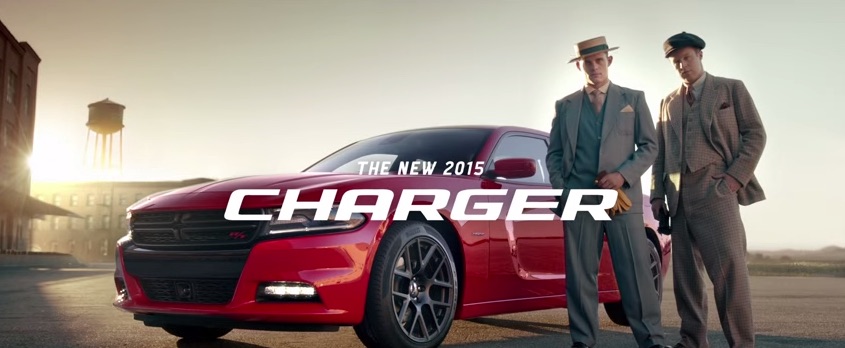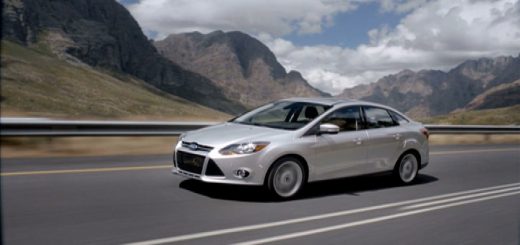Dodge, or rather Fiat Chrysler Automobiles, hasn’t been totally truthful in its new ad campaign portraying its founders, John and Horace Dodge. The company claims the Dodge brothers worked for Ford and also suggests that the boys had a hand in the Charger/Challenger. As we’ll find out, neither one of these claims is correct in the way Dodge suggests.
1. Dodge Boys Ad – Ahead of Their Time
Claim: officially known as Dodge Brothers – Ahead of Their Time, the first spot, seen above, says the’ Duke Dodge boys, “quit the Ford Motor Company and set out on their own”. Tired of workin’ for Henry, the boys broke free and set up shop for themselves.
Reality: In 1900, the guys founded an engine and chassis company called the Dodge Brothers, which provided components to a number of manufactures, including Olds Motor Vehicle Company and the Ford Motor Company, according to Consumerist.
In 1902, Henry Ford struck a deal with the brothers wherein they would build 650 chassis for a $5,000 interest in Ford. A few years later, the brothers set out to make their own car — the model 30 — and Henry wasn’t pleased. He stopped paying shareholders dividends, including John and Horace. The boys countered with a lawsuit claiming that Ford was restricting payouts even though the company was hugely profitable and could clearly afford to pay. In the end, the court declared Ford was at fault and the Dodge bros walked away with $25 million.
2) Dodge Boys Ad – John vs. Horace
Claim: the above ad alludes to the fact that John and Horace were the guys behind many a Dodge vehicle, including the Charger and Challenger.
Reality: John and Horace died in 1920. But the Charger didn’t show up on dealer lots until 1966. The Challenger didn’t arrive for another three years still. And don’t get us started on the Viper.
Conclusion: admittedly, trying to cram all that history into two short spots is challenging. But does that also mean that it’s ok to throw history to the wind, especially when the Dodges’ backstory seems far less glamorous? That said, it can be argued that the Dodge Boys campaign is all about the spirit of the Dodge brothers, rather than any specific detail. But if historical accuracy isn’t the point, then why present it like fact in the first place?
So, does Dodge’s latest marketing gambit stretch the truth too thin? What’s your verdict? Talk to us in the comments.














Comments